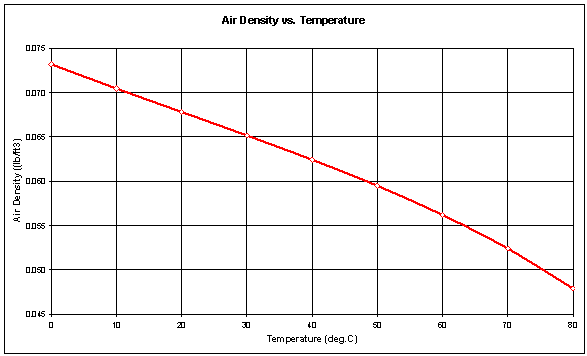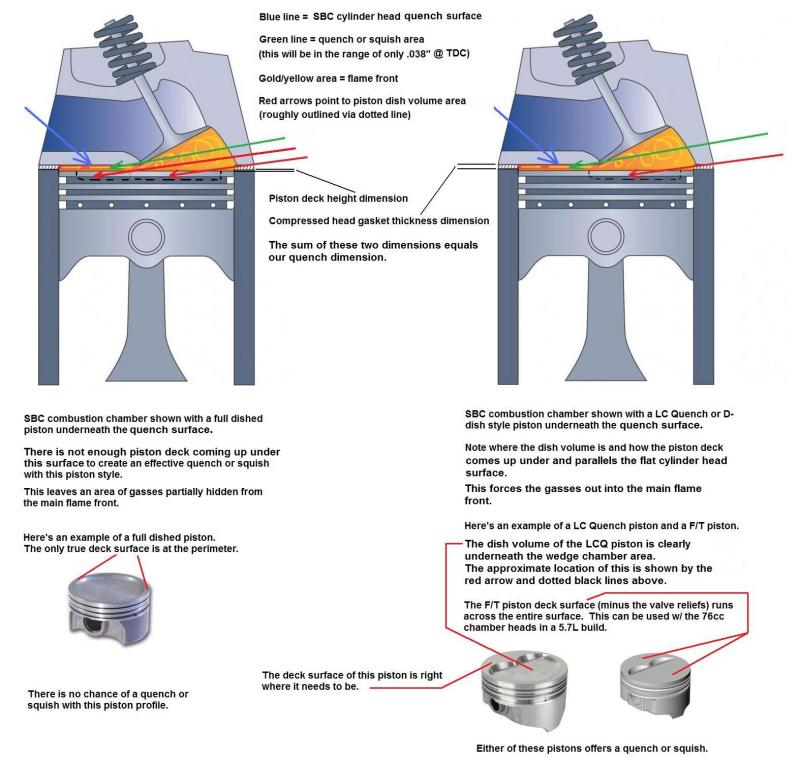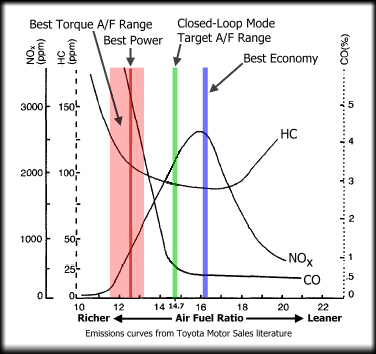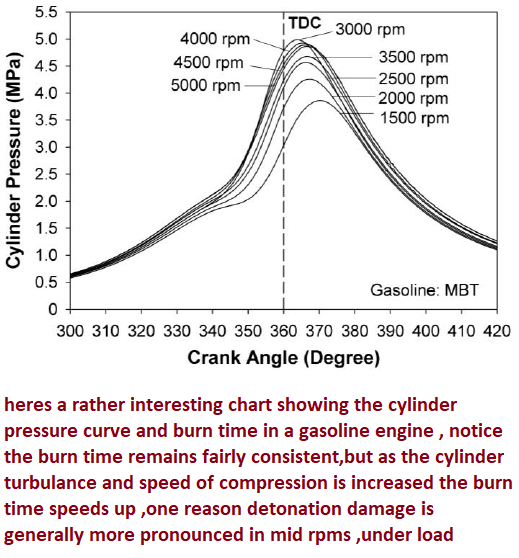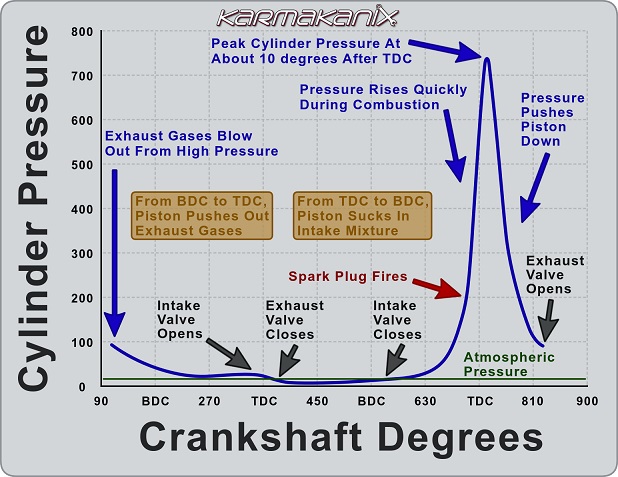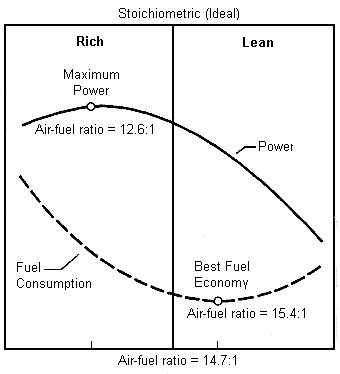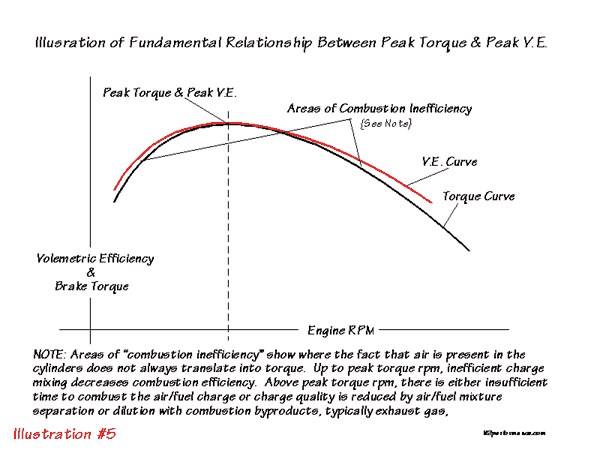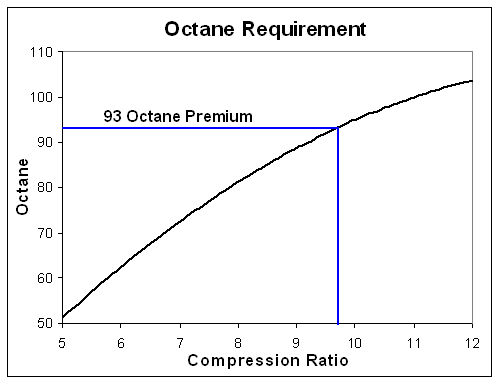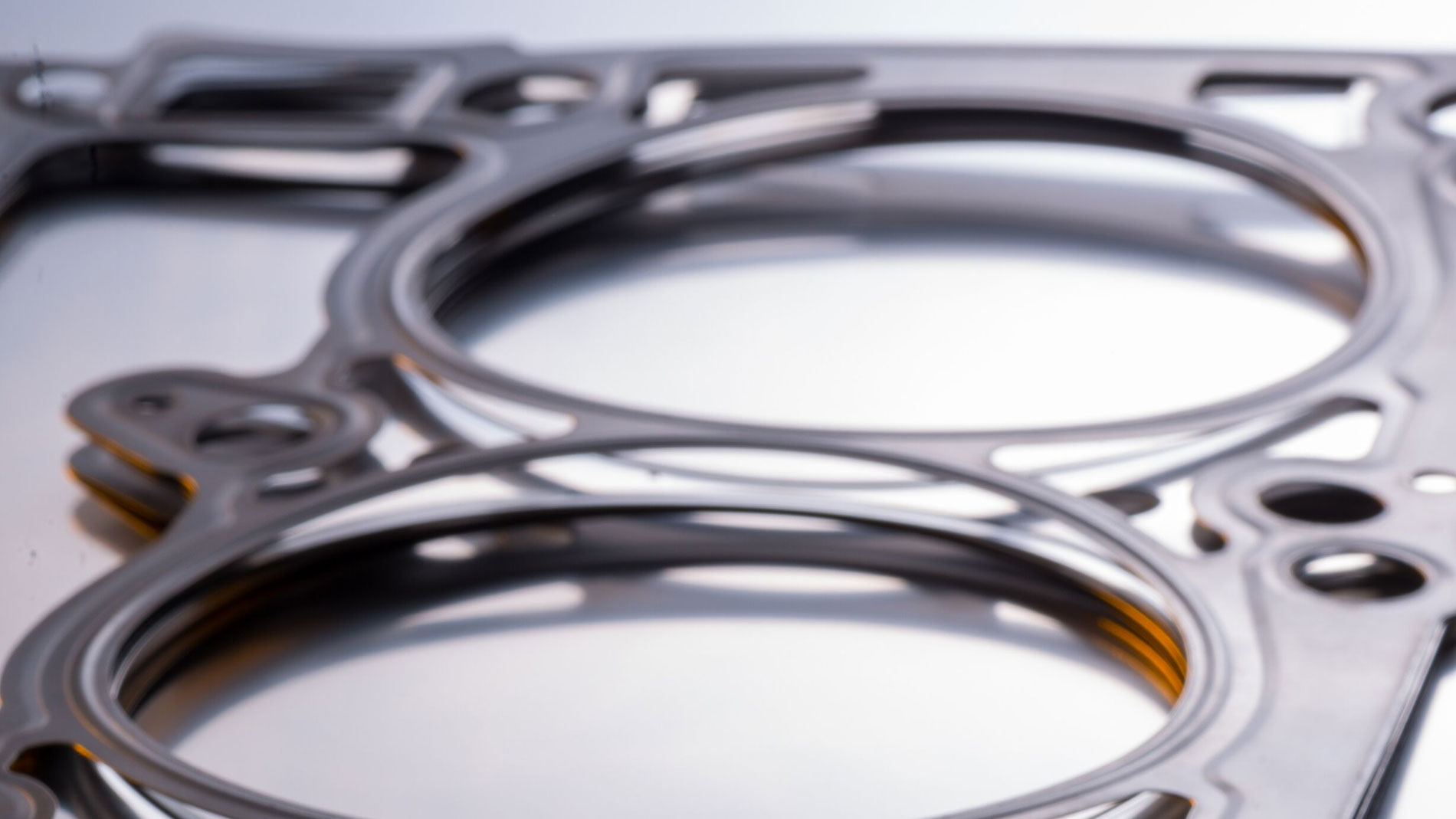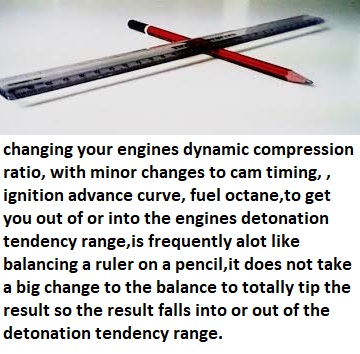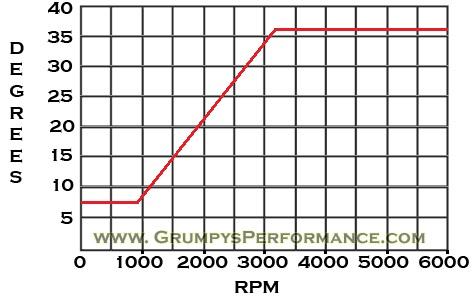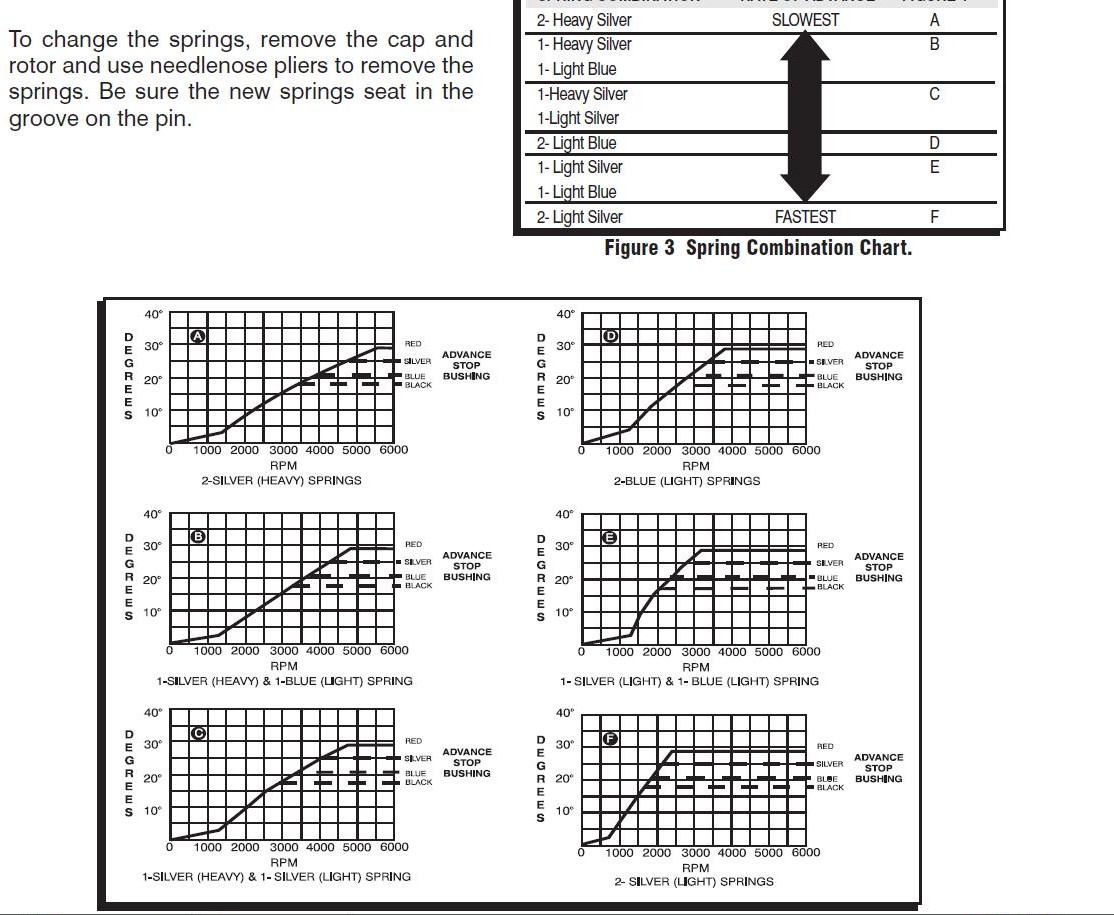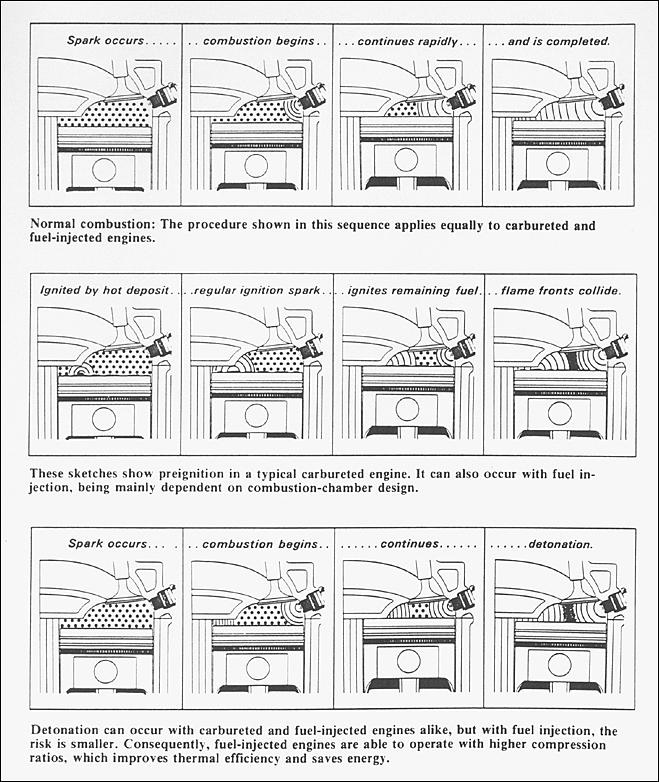NewbVetteGuy
Well-Known Member
I recently came across the following graphic on this forum:
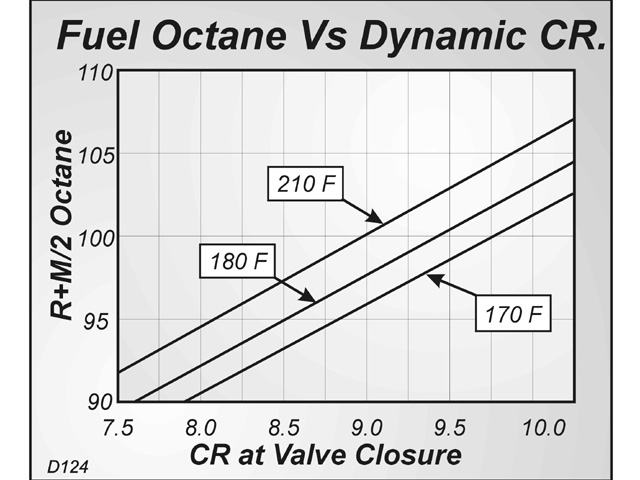
My take-away is that if I start to see detonation in the summer when the air is warmer, can I simply either tell my EFI to run the fans sooner to keep my coolant and therefore engine temps down and or install a lower temp thermostat? --If so that's a fantastically great option.
My engine build has a static 10.2:1 CR planned and I'm bouncing between a couple different CAMs but the dynamic compression calculators estimate between an 8.2 and an 8.5 dynamic CR for the cams that I'm looking at. I live in Washington State where 91 and 92 octane premium are readily available but 93 octane is pretty rare, so I'm wondering if I can use a lower temp thermostat and turn my fans on early to reduce the risk of detonation.
I know that dynamic compression calculators really only take a static compression calculation and adjust it to be more accurate based upon the intake close event- it is missing many, MANY other aspects that would be useful in predicting detonation, so I again feel like I need added detonation insurance.
-I'm also looking to use a long-runner FIRST intake and a build that maximizes the VELOCITY of the flow so my fear is that I'm going to pack extra air into the cylinder and my cylinder pressures (and therefore actual detonation risk) is going to be higher than the dynamic compression calculators estimate.
As far as I can tell, 3 easy forms of detonation insurance that don't significantly impact performance are: 1. use a cold air intake (done) and don't use an intake with an exhaust crossover or block it (done) 2. lower engine temps (I think) 3. Add octane booster during the warm months of the year- EXPENSIVE insurance option so therefore my last one.
Adam

My take-away is that if I start to see detonation in the summer when the air is warmer, can I simply either tell my EFI to run the fans sooner to keep my coolant and therefore engine temps down and or install a lower temp thermostat? --If so that's a fantastically great option.
My engine build has a static 10.2:1 CR planned and I'm bouncing between a couple different CAMs but the dynamic compression calculators estimate between an 8.2 and an 8.5 dynamic CR for the cams that I'm looking at. I live in Washington State where 91 and 92 octane premium are readily available but 93 octane is pretty rare, so I'm wondering if I can use a lower temp thermostat and turn my fans on early to reduce the risk of detonation.
I know that dynamic compression calculators really only take a static compression calculation and adjust it to be more accurate based upon the intake close event- it is missing many, MANY other aspects that would be useful in predicting detonation, so I again feel like I need added detonation insurance.
-I'm also looking to use a long-runner FIRST intake and a build that maximizes the VELOCITY of the flow so my fear is that I'm going to pack extra air into the cylinder and my cylinder pressures (and therefore actual detonation risk) is going to be higher than the dynamic compression calculators estimate.
As far as I can tell, 3 easy forms of detonation insurance that don't significantly impact performance are: 1. use a cold air intake (done) and don't use an intake with an exhaust crossover or block it (done) 2. lower engine temps (I think) 3. Add octane booster during the warm months of the year- EXPENSIVE insurance option so therefore my last one.
Adam

